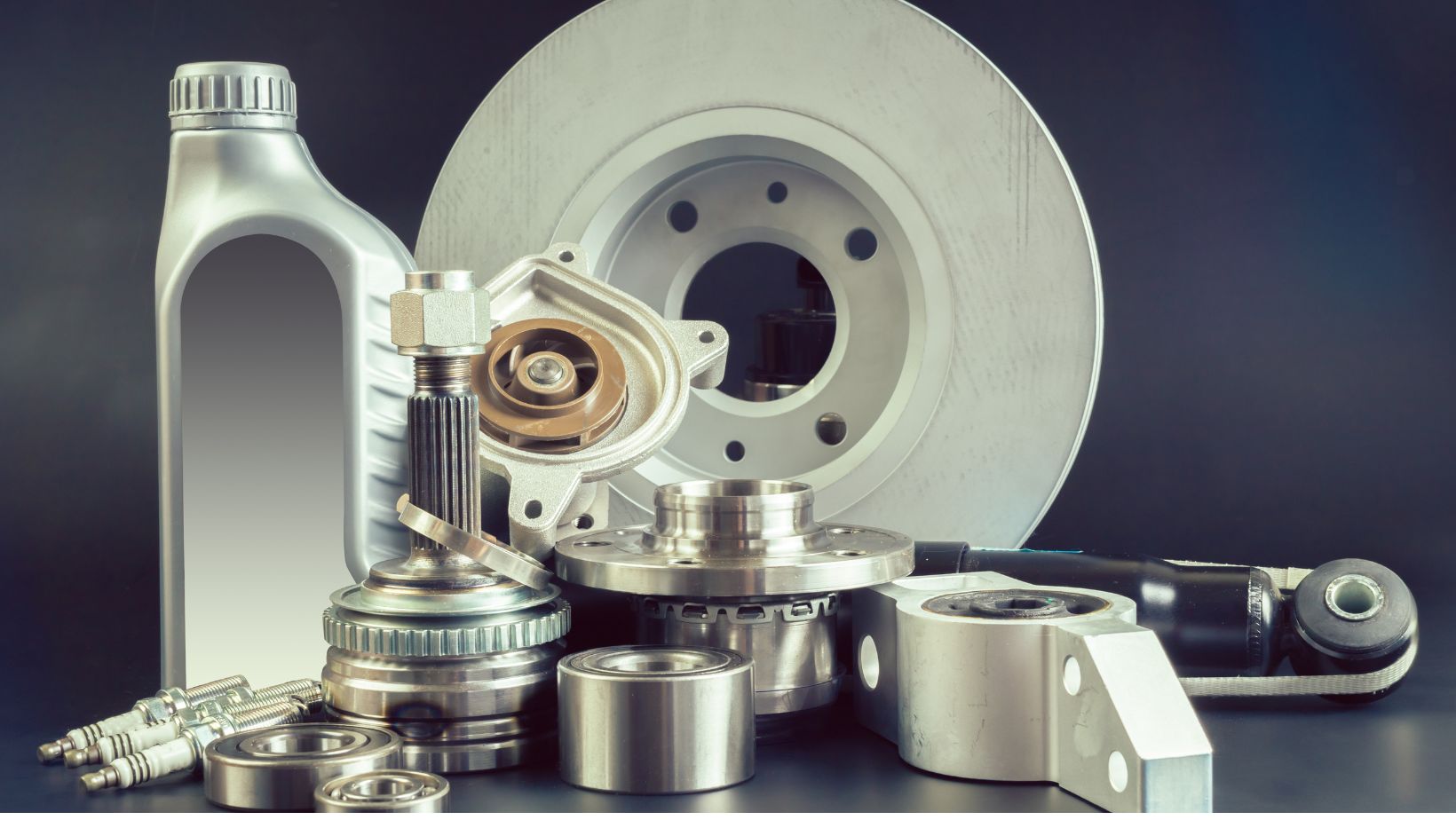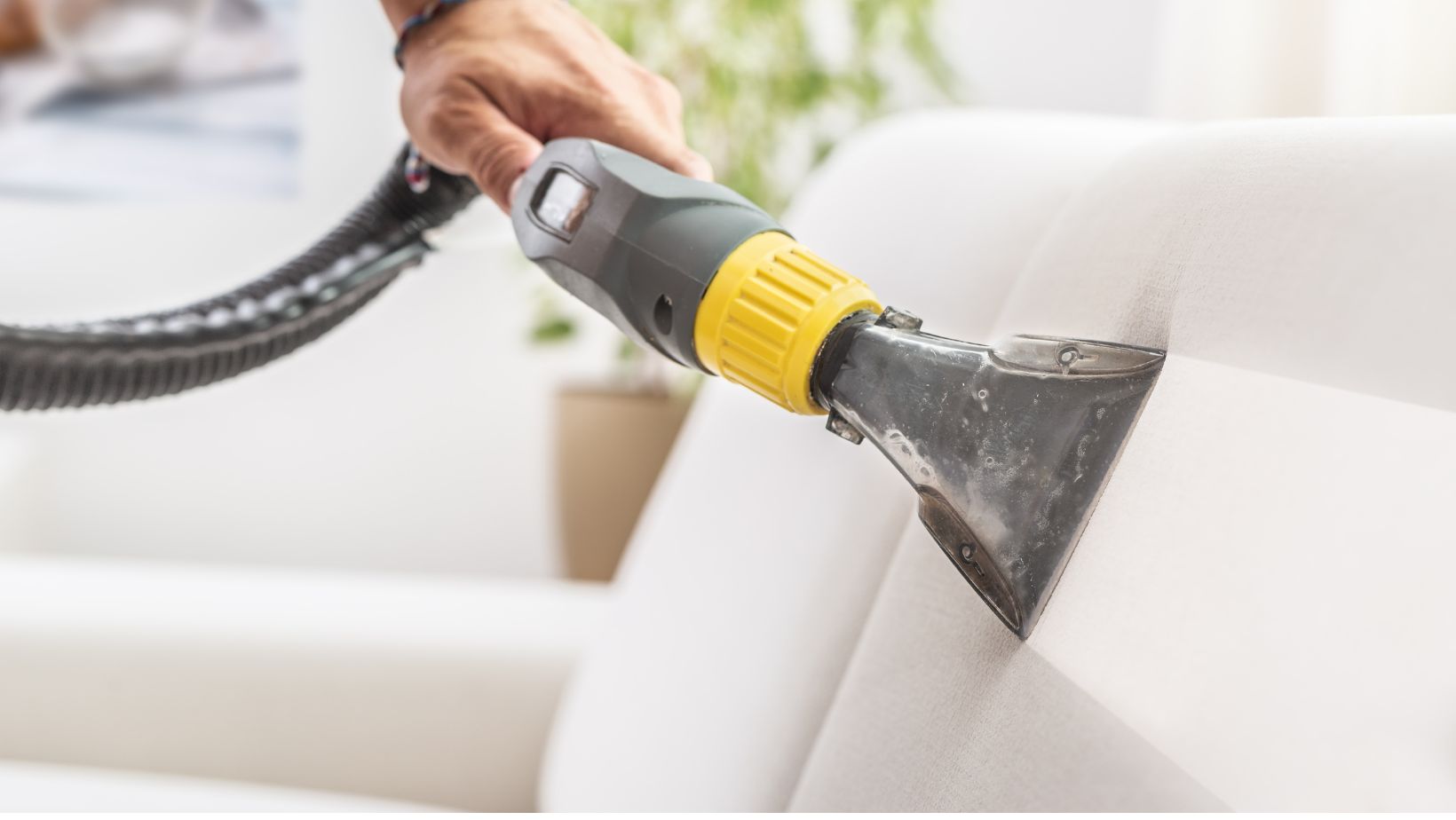Yes, brake cleaner can kill wasps. Brake cleaner contains chemicals that can instantly kill the wasps upon contact.
Brake cleaner is a common household item used for cleaning and degreasing automotive parts. However, many people wonder if it is effective in killing wasps. Wasps can pose a significant threat to humans, especially those who are allergic to their sting.
If you have a wasp infestation in your yard or house, you may be wondering if you can use brake cleaner to get rid of them. The answer is yes, brake cleaner can kill wasps. The chemicals in brake cleaner are toxic to wasps, and they can die instantly upon contact. However, it is important to use this product with caution, as it can be harmful to humans and pets if ingested or inhaled.
What Is Brake Cleaner?
Will Brake Cleaner Kill Wasps? Subheading: What Is Brake Cleaner?
Brake cleaner is an industrial-grade spray that is primarily used to clean dirt and grime from automotive brake systems. However, due to its chemical composition and potential side effects, brake cleaner has also been used as a pesticide to eradicate certain pests, including wasps.
In this section, we will delve deeper into brake cleaner, its chemical composition, and how it can be used as a potential wasp killer.
Definition Of Brake Cleaner
Brake cleaner is a strong and fast-evaporating solvent that is typically used to remove brake dust, oil, and other contaminants from brake components. It is available in both spray and liquid form and is composed of volatile organic compounds (vocs) such as acetone, toluene, and naphtha.
How Does Brake Cleaner Work?
When sprayed onto the surface of brakes or other metal components, brake cleaner works by rapidly evaporating and dissolving the grime present on the surface. The vocs in brake cleaner easily dissolve the dirt and grime, leaving the surface clean.
Types Of Brake Cleaners
There are two types of brake cleaners: chlorinated and non-chlorinated brake cleaners. Chlorinated brake cleaners typically contain methylene chloride and are more aggressive and environmentally harmful compared to their non-chlorinated counterparts.
Chemical Composition Of Brake Cleaners
Brake cleaners contain vocs that can be toxic and dangerous to human health and the environment. Studies have shown that long-term exposure to vocs can cause respiratory problems, liver, and kidney damage. When handling brake cleaner, it’s important to take safety measures to avoid inhalation, ingestion, or skin contact.
Safety Measures To Take Before And After Using Brake Cleaner
Before using brake cleaner, it’s important to read the instructions and warnings on the canister. Here are some basic safety measures to take before and after using brake cleaner:
- Wear protective gloves and a mask when handling brake cleaner.
- Use brake cleaner in a well-ventilated area to avoid inhalation of fumes.
- Cover surrounding areas to avoid contaminating other surfaces with brake cleaner.
- After using the brake cleaner, dispose of it according to the manufacturer’s instructions.
Brake cleaner can be an effective wasp killer, but it’s important to handle it with caution due to its toxic and harmful composition. Before using brake cleaner as a pesticide, always consider other safer, eco-friendly, and effective options.
Is Brake Cleaner Effective In Killing Wasps?
Summer is the season that sees an increase in wasp activity, with a high possibility of infestations around homes and businesses. Wasps are not only a nuisance, but they are also a danger to humans, particularly those who have allergies.
For those wondering if brake cleaner can help kill wasps, this post brings clarity on the effectiveness of this method.
Explanation Of How Brake Cleaner Kills Wasps
Brake cleaner includes chemicals such as acetone, xylene, and toluene, which are known to be effective against insects and pests. When sprayed on a wasp, the chemicals penetrate through the protective exoskeleton, disrupting their respiratory system and causing paralysis and even death.
Brake cleaner works instantaneously, killing wasps on contact.
Comparison Of Efficiency Between Traditional Methods And Brake Cleaners
Traditional methods such as using wasp traps or insecticides can be effective, but they usually require a lot of effort and time to set up. Wasps may also develop resistance to such methods over time. On the other hand, brake cleaner works instantly, making it more efficient in killing wasps.
Additionally, brake cleaner may be more readily available and accessible than traditional pest control methods.
Case Studies On The Effectiveness Of Brake Cleaner In Killing Wasps
Several case studies have proven the effectiveness of brake cleaner in killing wasps. Here are some examples:
- A homeowner in a rural area used brake cleaner and sprayed it directly on a wasp nest, killing all the wasps within minutes.
- A pest control professional used brake cleaner on a commercial property to eliminate wasps, a method that they discovered to be more effective than traditional treatments.
- A study conducted by a university concluded that brake cleaner is one of the most effective methods for killing wasps and other insects.
These case studies confirm that brake cleaner is a highly effective method for killing wasps.
Brake cleaner is an effective and efficient alternative to traditional methods of killing wasps. Its instant action and accessibility make it an ideal choice for those dealing with wasp infestation problems. With the proper precautions, including wearing protective gear and avoiding spraying around people and animals, brake cleaner can be safely used as a diy wasp control method.
The Environmental Impact Of Brake Cleaner On Wasps
Discuss The Impact Of Brake Cleaner On The Ecosystem
The use of brake cleaner to eliminate wasps is a common practice for homeowners. However, it is essential to understand the effects of this chemical on the ecosystem. Here are some of the key points to consider:
- Brake cleaner is toxic to both targeted and non-targeted insects, causing harm to beneficial insects such as bees, butterflies, and other pollinators.
- The chemicals in brake cleaner can seep into the soil and contaminate the groundwater, leading to environmental pollution.
- The toxicity of brake cleaner can also have adverse impacts on the ecosystem, disrupting the balance of nature.
- Indiscriminate use of brake cleaner can lead to the elimination of wasp predators, leading to an increase in their population.
Explain The Possibility Of Resisting The Wasp Problem
While brake cleaner can be an effective method to eliminate wasps, it is possible to resist the problem without the use of chemicals. Here are some key points:
- Preventive measures such as sealing up potential entry points can prevent wasp infestations.
- Natural alternatives such as using mint, soap solutions, and essential oils can act as a wasp deterrent.
- Traps can be a useful way of controlling wasp populations and can be effective in preventing future infestations.
Provide Details On The Effects Of Brake Cleaner On Non-Targeted Insects
Brake cleaner can be harmful to other insects besides wasps, and it is essential to understand the broader impact of its use. Here are some key points:
- The toxic chemicals in brake cleaner can cause harm to beneficial insects such as bees, butterflies, and ladybugs.
- Non-targeted insects may be exposed to brake cleaner residues, leading to long-term environmental pollution.
- The use of brake cleaner can lead to the elimination of wasp predators, causing a decline in their population.
Advise On The Responsible Use Of Brake Cleaners For Wasp Elimination
If using brake cleaner is the only option to eliminate wasps, it is essential to do so responsibly. Here are some key points:
- Use brake cleaner sparingly and according to the manufacturer’s directions.
- Avoid applying brake cleaner near flowering plants or areas frequented by beneficial insects such as bees and butterflies.
- Consider alternative methods such as traps or natural deterrents.
- Properly dispose of empty brake cleaner cans and follow local regulations for hazardous waste disposal.
Brake cleaner can be an effective method to eliminate wasps, but it is essential to understand its potential impact on the ecosystem and non-targeted insects. By being aware of its proper use and exploring alternative methods, homeowners can control wasp infestations while minimizing harm to the environment.
How To Use Brake Cleaner To Get Rid Of Wasps
Will Brake Cleaner Kill Wasps?
Are you troubled by pesky wasps invading your home? It can be dangerous to try and get rid of a wasp nest without the proper equipment. However, did you know that you can use brake cleaner to eliminate wasps safely?
Many people are curious about whether brake cleaner can kill wasps. Brake cleaner is an effective way to deal with a wasp infestation swiftly and efficiently. Here’s how to use brake cleaner to get rid of wasps.
Detailed Explanation Of How To Use Brake Cleaner To Kill Wasps
Using brake cleaner to kill wasps is a relatively straightforward process. However, it is essential to take necessary precautions to ensure your safety. Here’s a step-by-step guide to how to use brake cleaner to kill wasps properly:
- Identify the wasp nest: The first step in getting rid of wasps using brake cleaner is identifying the nest’s location.
- Protective gear: Wear a long-sleeved shirt, gloves, and safety goggles.
- Read the instructions: Read the instructions carefully on the brake cleaner can. Ensure that you purchase a brake cleaner that is suitable for the job.
- Approach the wasp nest: Slowly approach the nest and linger at a distance for some time observing for wasp activity.
- Spray the brake cleaner: Direct the brake cleaner spray at the wasp nest’s entrance from a distance of around six to ten feet. Thoroughly spray the nest.
- Keep a safe distance: Keep a safe distance from the wasp nest and repeat the process if necessary.
Instructions For Using Brake Cleaner In Different Scenarios
You can use brake cleaner to get rid of wasps in different scenarios. However, you need to take the necessary precautions to protect yourself and others around you.
Here are some instructions for using brake cleaner in various scenarios:
- Attic wasp nests: For wasp nests in your attic, use brake cleaner to spray the entrance of the nest. Do this from the attic’s entrance to avoid direct contact with the wasps.
- Garden wasp nests: Use brake cleaner on garden wasp nests during the late evening or early morning when the wasps are most inactive.
- Car wasp nests: Wasp nests in cars can be dangerous, especially if you have an allergic reaction to wasp stings. Always wear protective gear when using brake cleaner.
Advise On The Proper Use Of Protective Gear While Using Brake Cleaner
Using brake cleaner to get rid of wasps can be hazardous. Therefore, the necessary protective gear is essential as it helps to prevent direct contact with the wasp nest and the toxic chemicals.
Here are some protective gear tips to keep in mind when using brake cleaner:
- Wear long-sleeved clothing: A long-sleeved shirt or jacket can protect you from wasp stings.
- Wear gloves: Gloves can protect your hands from toxic chemicals and wasp stings.
- Wear safety goggles: Safety goggles can protect your eyes from toxic chemicals.
How To Prevent Wasp Infestations In The Future
Preventing wasp infestations in the future is crucial. Here are some tips to help you prevent wasp infestations:
- Keep your outdoor area clean: Wasps are attracted to food and sugary drinks. Therefore, ensure that you keep your outdoor area clean and free of leftover food.
- Seal cracks and holes in your home: Wasps can gain entry to your home through small gaps. Ensure that you regularly check your home for potential entry points.
- Place wasp traps in your yard: Wasp traps can help control wasp populations before they form a nest on your property.
Using brake cleaner to get rid of wasps can be an effective solution. However, it would be best to follow the proper safety precautions and use protective gear during the process. Take the necessary steps to prevent wasp infestations in the future by maintaining a clean outdoor area, sealing cracks and holes in your home, and placing wasp traps.
The Dangers Of Using Brake Cleaner
Will brake cleaner kill wasps? The dangers of using brake cleaner
Brake cleaner is a hazardous substance that is commonly used to clean brake parts in vehicles. However, some people have been wondering if it can be used to kill wasps. While brake cleaner is effective in killing wasps, it poses several risks to humans and pets.
Therefore, it is essential to understand the dangers of using brake cleaner before deciding to use it as a wasp killer.
Explain The Risks Of Using Brake Cleaner On Humans And Pets
Brake cleaner contains toxic chemicals that can cause serious health problems if inhaled, ingested, or brought into contact with the skin or eyes. Here are some of the risks associated with using brake cleaner on humans and pets:
- Inhaling brake cleaner fumes can lead to respiratory problems, including coughing, wheezing, shortness of breath, and chest pain. In severe cases, it can cause lung damage, chemical pneumonia, or death.
- Swallowing brake cleaner can cause nausea, vomiting, abdominal pain, and diarrhea. It can also damage the digestive system, kidneys, and liver.
- Getting brake cleaner on the skin can cause irritation, redness, itching, blistering, and chemical burns. It can also be absorbed into the bloodstream and affect other parts of the body.
- Splashing brake cleaner in the eyes can cause severe eye irritation, redness, pain, and vision loss. It can also damage the cornea, retina, and optic nerve.
- Pets are more sensitive to the toxic effects of brake cleaner than humans due to their smaller size and different metabolism. They may experience vomiting, diarrhea, lethargy, tremors, seizures, and even death if exposed to brake cleaner.
Precautionary Measures That Should Be Taken When Using Brake Cleaner
To minimize the risks of using brake cleaner on humans and pets, it is important to take the following precautionary measures:
- Wear protective clothing, including gloves, eye goggles, and a respirator, when handling brake cleaner. Make sure to follow the manufacturer’s instructions on how to use and dispose of the product.
- Use brake cleaner in a well-ventilated area to reduce the exposure to fumes. Open doors and windows, or use fans or exhaust systems to circulate fresh air.
- Keep brake cleaner away from children and pets. Store it in a locked cabinet or shelf, and make sure the label is legible and intact.
- Read the safety data sheet (sds) for brake cleaner before using it. The sds provides information on the hazards, handling, storage, and emergency procedures related to the product.
- Dispose of brake cleaner properly. Do not pour it down the drain, into the soil, or in the trash bin. Follow local regulations on how to dispose of hazardous waste.
Proper Ways To Store Brake Cleaner To Avoid Accidents
Storing brake cleaner properly is crucial to prevent accidents and ensure its effectiveness. Here are some tips on how to store brake cleaner safely:
- Store brake cleaner in a cool, dry, and well-ventilated area. Keep it away from heat sources, direct sunlight, and ignition sources such as flames, sparks, or electrical devices.
- Do not store brake cleaner near other chemicals, especially those that are incompatible with it. Check the sds for compatibility information.
- Use proper containers to store brake cleaner. Do not use food containers, drink bottles, or non-labeled containers. Ideally, use the original container and label it properly.
- Keep brake cleaner out of reach of children and pets. Store it in a high shelf or cabinet that is not accessible to them. Consider using a safety lock or latch if necessary.
While brake cleaner may be effective in killing wasps, it poses significant risks to humans and pets. Therefore, it is advisable to look for safer and more appropriate methods for wasp control, such as using insecticides labeled for this purpose.
By understanding the dangers of using brake cleaner, taking precautionary measures, and storing it properly, we can minimize the risks of accidents and injuries.
Frequently Asked Questions Of Will Brake Cleaner Kill Wasps
What Is Brake Cleaner?
Brake cleaner is a solvent used to clean brake parts to remove oil, grease, and other contaminants.
Is Brake Cleaner Harmful To Wasps?
Yes, brake cleaner can kill wasps instantly due to its chemical composition.
How Does Brake Cleaner Kill Wasps?
Brake cleaner contains chemicals that can dissolve the waxy coating on the wasps’ skin, causing them to die due to dehydration.
Can Brake Cleaner Be Used To Repel Wasps?
No, brake cleaner cannot be used to repel wasps as its effects are only limited to wasps that come in direct contact with it.
Is Using Brake Cleaner Safe For Humans?
No, brake cleaner contains toxic chemicals that can be harmful to humans. It should be used with caution, in a well-ventilated area, and with protective gloves and eyewear.
What Are Some Alternative Methods Of Getting Rid Of Wasps?
Alternative methods include using insecticide sprays, setting up traps, using essential oils or natural repellents, and calling a pest control professional.
Conclusion
After reading this post, it is clear that brake cleaner can be an effective and efficient tool in killing wasps. While there may be other options available, such as natural repellents, it is important to consider the potential risks and limitations of those methods.
Brake cleaner, on the other hand, has been proven to quickly and effectively kill wasps upon contact. However, caution should be exercised when using brake cleaner, as it is a highly flammable substance. In addition, it is important to ensure that all safety precautions are taken when using any pesticide or insecticide in or around your home.
Overall, the decision to use brake cleaner to kill wasps should be made after careful consideration of all available options and the potential risks involved.





